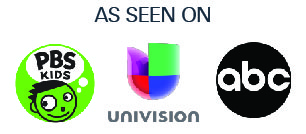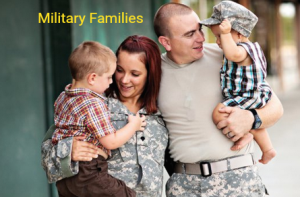Attention deficit/hyperactivity disorder, or ADHD, is a problem that affects learning in school-age children and inhibits their ability to pay attention. It can create many problems, including speech and language deficits, which can affect the child’s quality of life. Symptoms of the condition include difficulty concentrating, problems learning new information, inability to sit still, and difficulty thinking before acting. A neurologist or developmental pediatrician can usually diagnose the condition, although they will likely seek input from the family and/or educators before making an official diagnosis. The doctor might also seek input from a speech-language pathologists, teacher, and psychologists before an official diagnosis is made.
Speech and language disorders are often present with ADHD, so early treatment can help the child learn to compensate and communicate more effectively. Common treatments include organizational skills, expressive language goals, helping the child learn to communicate better in the classroom settings, auditory comprehension strategies, just to name a few. A child with ADHD can have trouble with social communication skills, pragmatics, the use of vocabulary, pronunciation or articulation, and phonological awareness, all of which can be treated with the help of a speech-language pathologist.
Treating ADHD in children involves the cooperative efforts of everyone in the child’s life. From physicians to parents to therapists to educators, they must all work together to ensure the child is responding appropriately to treatment and is progressing as planned. Finding ways to help your child cope with this disorder is crucial to their ability to learn and communicate effectively. Speech and language disorders as a result of ADHD can create many social and educational challenges for the child, so it’s important to seek the help and guidence of experts in order to help your child overcome these barriers. It’s possible to find a way to allow your child live a full and productive life in spite of these challenges.
The Therapy Group of Tucson can help treat these disorders. For more information regarding language and speech disorders as a result of ADHD, contact us here.





i think child psychiatrist is the main diagnostic profession for the ADHD, although pediatricions and neurologist if trained can do the job in simple straight forward cases which is quite rare in ADHD children.
A pediatric psychologist is well-trained to assess with standardized testing (SFB, Nepsy II, etc) and rule out other conditions, a check list simply is insufficient in diagnosing ADHD, especially in young children !
I have a toddler who will be 4 in November. My child is biracial Georgian/Spanish girl who has been going to all Russian speaking daycare. She understands everything in Russian and sings songs… Speaks English well, no pronunciation issues. However, daycare teachers tell me that she is a tough one to include in group studding, one on one she is absolutely fine, follows through and does all the work. Also, very often, when we ask her a specific question majority of the time she answers something else, or something she wants to answer. when i repeat a question to her, then she will answer back but again link some unrelated sentences to her answer. I do not know what to do, besides contently have her focus on the asked question and accuracy of her answer. Is it time for me to make an appointment with Pediatric Psychologist?
I would recommend having an evaluation with a speech and language pathologist. Even though her speech sound production is appropriate, you can still have her receptive and expressive language assessed. This will tell you where the breakdown is occurring within the hierarchy of language. Many kiddos this age experience problems with understanding basic concepts, and this often manifests itself as difficulty following directions, especially in groups. Many insurance companies require no authorization or referral for the initial evaluation with a speech and language pathologist (call your insurance company first to check on this) and may cover most of the cost of assessment. I hope this helps.
I have a 2year and 6months old boy who is not talking very well, although he sings and say a few words, he doesn’t follow simple instructions, except it is pointed out to him using gestures and also very active. What do you think can be done to help his speech and does have anything to do with his being very active
A child that is two years of age should be stringing together two word utterances and have a vocabulary of over + 75 words, and follow small one to two step directions. You should also find speech intelligibility should be improving, too. Sometimes children that can’t be understood by others become frustrated and exhibit increased activity. I would recommend a thorough speech and language evaluation.
It doesn’t just affect school-age children. I am an adult with ADHD, it affects so many aspects of my adult life. It is not a child’s condition – you don’t grow out of it, you just get better at masking.
Great comment, and very true,
I didn’t realize until I was older that I had ADHD. Along with that, I have communication difficulties especially during interview-type situations when asked technical questions. I would have a problem articulating, but didn’t know why. I now know it’s part of my ADHD. Luckily, I have been able to compensate with my sparkling personality. 🙂